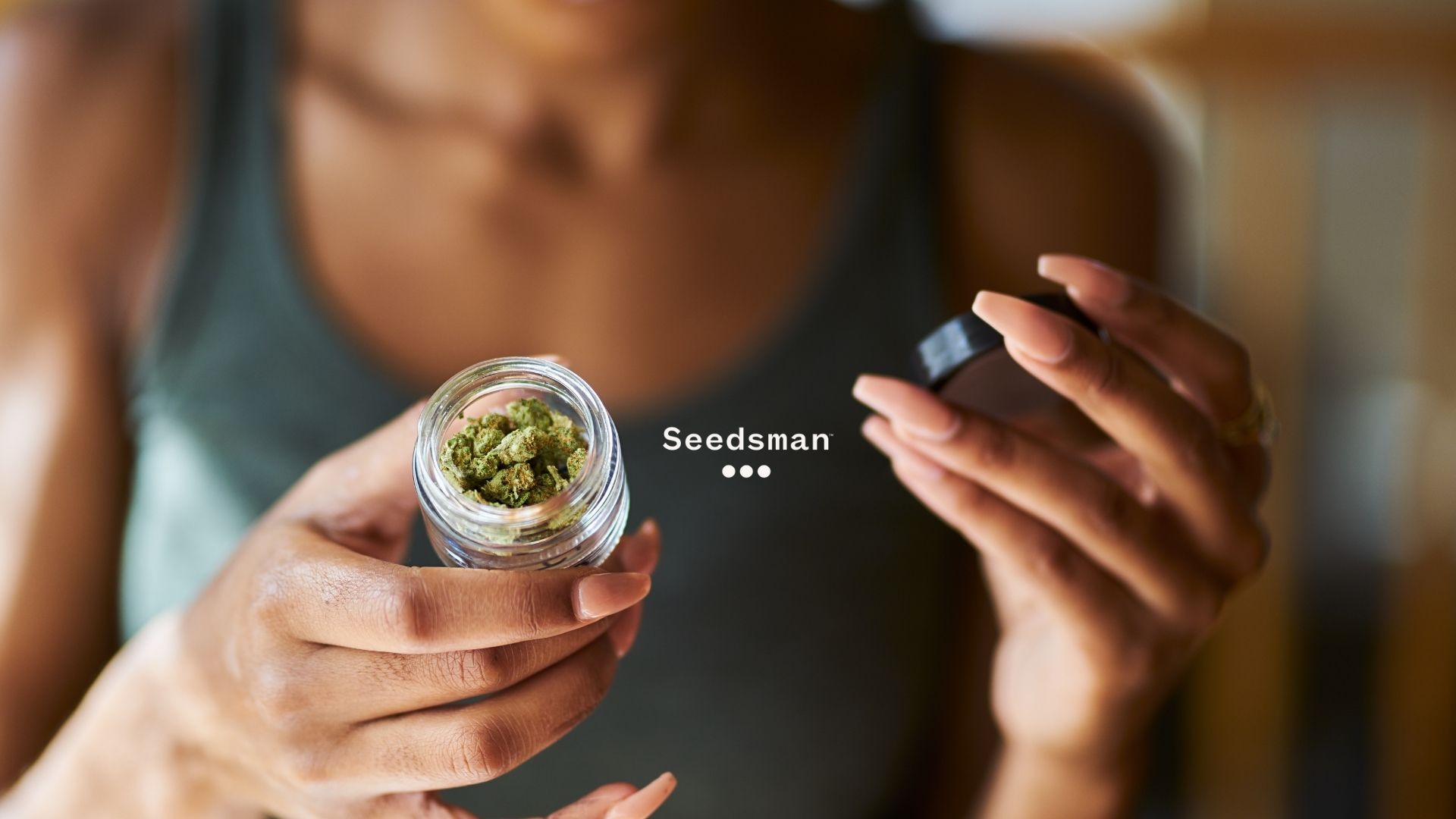
Why Cannabis Legalisation Is A Feminist Issue
The connection between women and cannabis runs deep. In the past, female divinities were often associated with the plant, while herbalists, witches and healers included weed in their medicines and potions. Sadly, these traditions were eventually extinguished by patriarchal forces.
Yet, with pot now being legalised worldwide, feminist cannabis collectives are beginning to provide a platform for women to ensure policymakers hear their voices.
“Even within cannabis activism, there is a lot of machismo and misogyny,” says Rebeca Soto, spokeswoman for Mexico-based collective Feminismo y Flow. “Many activists aren’t interested in the fact that women aren’t given fair representation in the fight for legalisation, but we are shining a light on this issue and educating people as to why being feminist and anti-prohibitionist matters.”
Why Feminist Cannabis Collectives Matter
First and foremost, the fact that women and men have different biological responses to cannabinoids should be enough to merit female inclusion in any discussion on the uses and legality of the plant. For instance, it is well established that weed helps to alleviate period pains, nausea during pregnancy and other female-specific ailments. That being the case, the idea that men should determine women’s rights when it comes to using pot is frankly ridiculous.
And yet, for thousands of years, patriarchal societies have sought to prevent women from practising as healers or deepening their connection to the plant. Throughout pre-history, goddesses representing the divine feminine were often associated with cannabis, yet the worship of these figures was swiftly outlawed when male-dominated organised religions emerged.
This severing of the sacred connection between women and cannabis may seem merely symbolic, yet its consequences are extremely real and continue to be felt by women worldwide. For example, those who continue to use the plant – whether for menstrual cramps or otherwise – face the risk of losing custody of their children or being denied vital benefits such as access to domestic abuse shelters.
“If you’re a single mother and you smoke weed in your bedroom while your kid is in another room, you can be reported,” explains Soto. “So you’re being criminalised for using cannabis, for being a woman and for being a mother. That’s a triple stigma.”
Clearly, it’s not just the biological effects of weed that differ between men and women. The social and legal ramifications of prohibition also impact women in profoundly unique ways that are often overlooked by policymakers. Only by viewing cannabis legalisation as a feminist issue can such concerns be fully appreciated and put right.
A Feminist Cannabis Market
Back in 2015, Newsweek declared that the legal cannabis market in the US was poised to become the first billion-dollar industry not dominated by men. The fact that the marketplace was so new and unconquered meant that everything was still up for grabs, allowing women executives, scientists, lawyers and entrepreneurs to break new ground and lead from the front.
In 2019, 37 percent of all executive positions within the cannabis industry were held by women. However, by 2021, this figure had dropped to just 22 percent, which is considerably lower than the average proportion of female executives across all industries in the US.
Even in uncharted business territory, it seems that being male brings considerable advantages. According to a report compiled by MJBizDaily, this rapid rise of gender inequality within the cannabis industry reflects the fact that men generally have more access to start-up capital than women. Furthermore, as male executives from other sectors have crossed over into cannabis, they have brought their male privileges with them and edged women out of countless opportunities. If ever proof were needed that cannabis legalisation is a feminist issue, the speed at which men have replaced women within the industry provides it.
The Role Of Feminist Cannabis Collectives
Several feminist cannabis collectives have taken up the fight in both Europe and the Americas. Organisations like the National Network of Antiprohibition Women (REMA) and Mujeres Cannábicas in Spain, for instance, assist women who find themselves demonised by the legal and medical establishment for using weed to treat feminine issues.
“Here in Mexico, we have a network called Mujeres Forjando Porros Y Forjando Luchas (Women Forging Joints And Forging Fights), which brings together feminist collectives and activists,” says Soto. “Together, we are able to highlight the importance of taking a feminist approach to cannabis legalisation and influence the decisions of policymakers.”

With Mexico on the cusp of legalising weed, there’s never been a greater opportunity for the nation’s politicians to recognise and defend the rights of women users. However, unless they heed the voices of these feminist groups, authorities run the risk of creating a regulated cannabis market that continues to victimise women.
For example, Mexico’s proposed legalisation bill limits how much cannabis a person can possess, thereby providing opportunities for police officers to continue harassing users. While this seriously curtails the freedoms of both men and women, Soto points out that “many women who are searched or arbitrarily arrested are subject to sexual violence by the police.”
“As long as possession limits remain, there will always be opportunities for these abuses against women to continue. That’s why we are calling on policymakers to scrap these limits, although so far they haven’t agreed to do so.”
While the end of cannabis prohibition is undoubtedly excellent news for Mexico, lawmakers’ lack of understanding or consideration of female concerns is indicative of a global problem. The growing influence of feminist cannabis collectives reflects this fact and provides an essential forum for these concerns to be acknowledged and respected.
Cultivation information, and media is given for those of our clients who live in countries where cannabis cultivation is decriminalised or legal, or to those that operate within a licensed model. We encourage all readers to be aware of their local laws and to ensure they do not break them.
Source link












